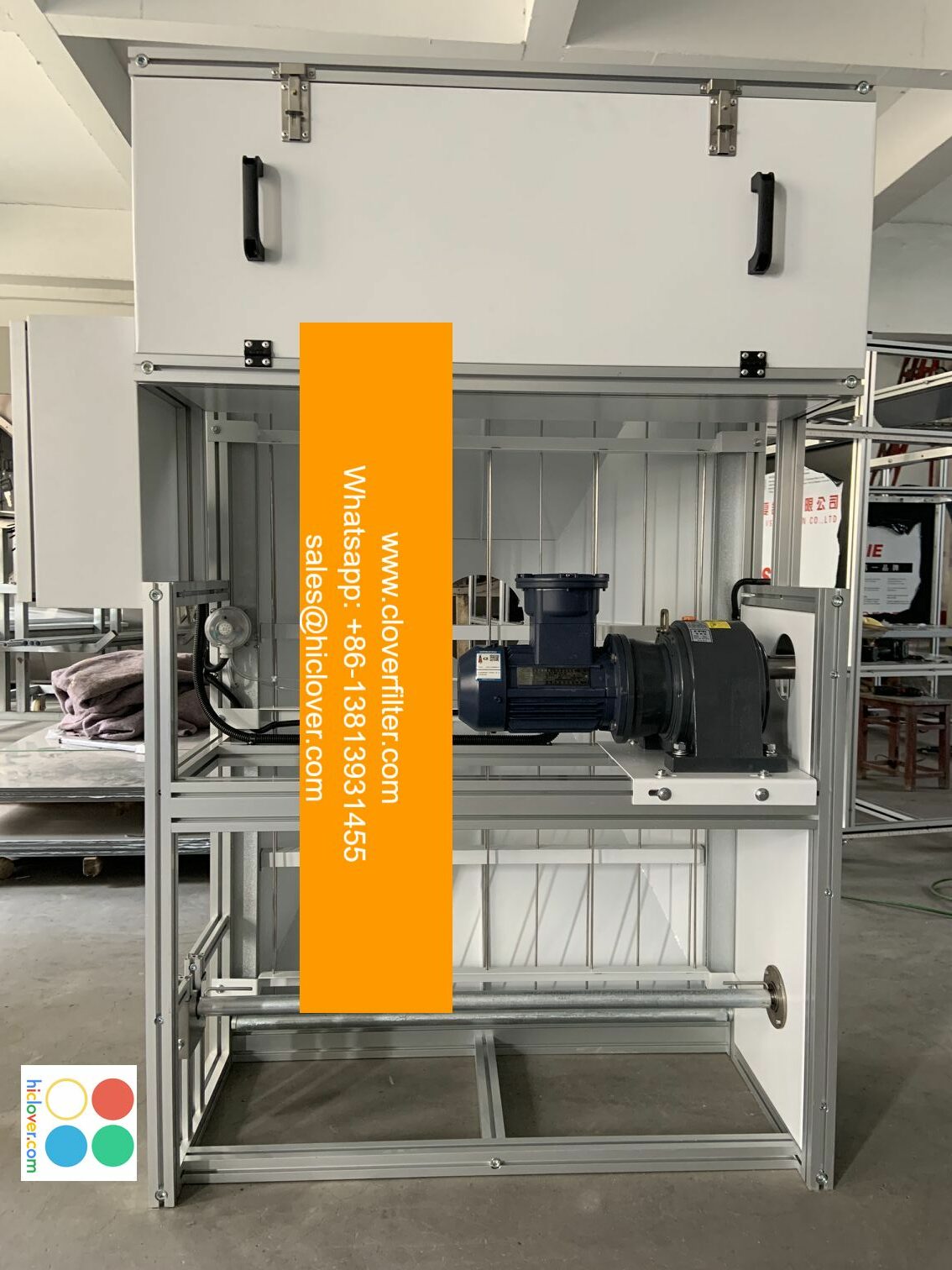The Impact of Air Filters on Respiratory Health: A Statistical Review

Air filters have become an essential component in maintaining good indoor air quality, which is crucial for respiratory health. The purpose of this article is to provide a statistical review of the impact of air filters on respiratory health, highlighting various application areas and key technologies involved.
Introduction to Air Filters and Respiratory Health
Air filters are designed to remove particulate matter (PM), gases, and microorganisms from the air, which can exacerbate respiratory diseases such as asthma, chronic obstructive pulmonary disease (COPD), and allergies. The use of air filters can significantly improve indoor air quality (IAQ), which is a critical factor in maintaining good respiratory health.
Statistical Review of Air Filter Efficiency
Studies have shown that air filters can remove up to 99.97% of particulate matter (PM) as small as 0.3 microns from the air. This includes pollen, dust, pet dander, and bacteria. The use of high-efficiency particulate air (HEPA) filters has been shown to be particularly effective in removing allergens and irritants from the air.
Key Technologies and Application Areas
Some of the key technologies involved in air filtration include:
* MEA (Mechanical Engineering Applications) used in residential and commercial buildings
* Nanofiltration used in industrial applications
* UV (Ultraviolet) technology used in healthcare facilities
* Activated carbon used in odor removal and gas filtration
These technologies have a wide range of application areas, including:
* Residential air purification
* Commercial air cleaning
* Industrial air filtration
* Healthcare air purification
Impact of Air Filters on Respiratory Health
The use of air filters has been shown to have a significant impact on respiratory health. Studies have demonstrated that the use of air filters can:
* Reduce symptoms of asthma and allergies
* Improve lung function in individuals with COPD
* Reduce the risk of respiratory infections
* Improve overall quality of life for individuals with respiratory diseases
Conclusion and Future Directions
In conclusion, air filters have a significant impact on respiratory health, and their use can improve indoor air quality and reduce the risk of respiratory diseases. As key technologies continue to evolve, we can expect to see even more effective and efficient air filtration systems in the future. Further research is needed to fully understand the impact of air filters on respiratory health and to identify new application areas for these technologies. It looks like you didn’t provide a prompt. Could you please give me something to work with? I can assist with a wide range of topics, from answering questions and providing information to generating creative content. What’s on your mind?

